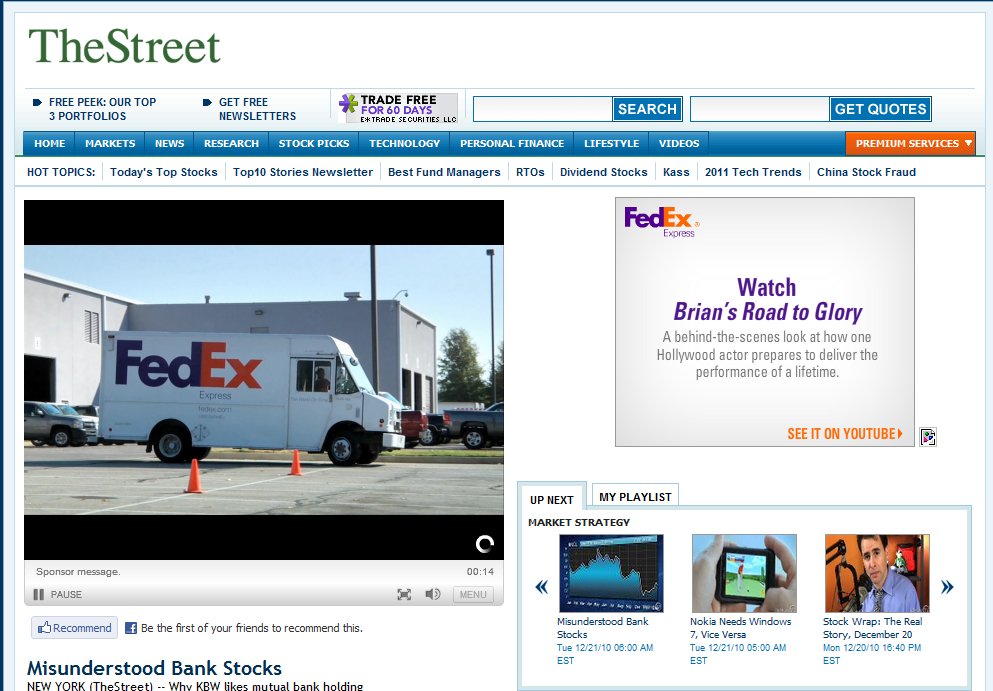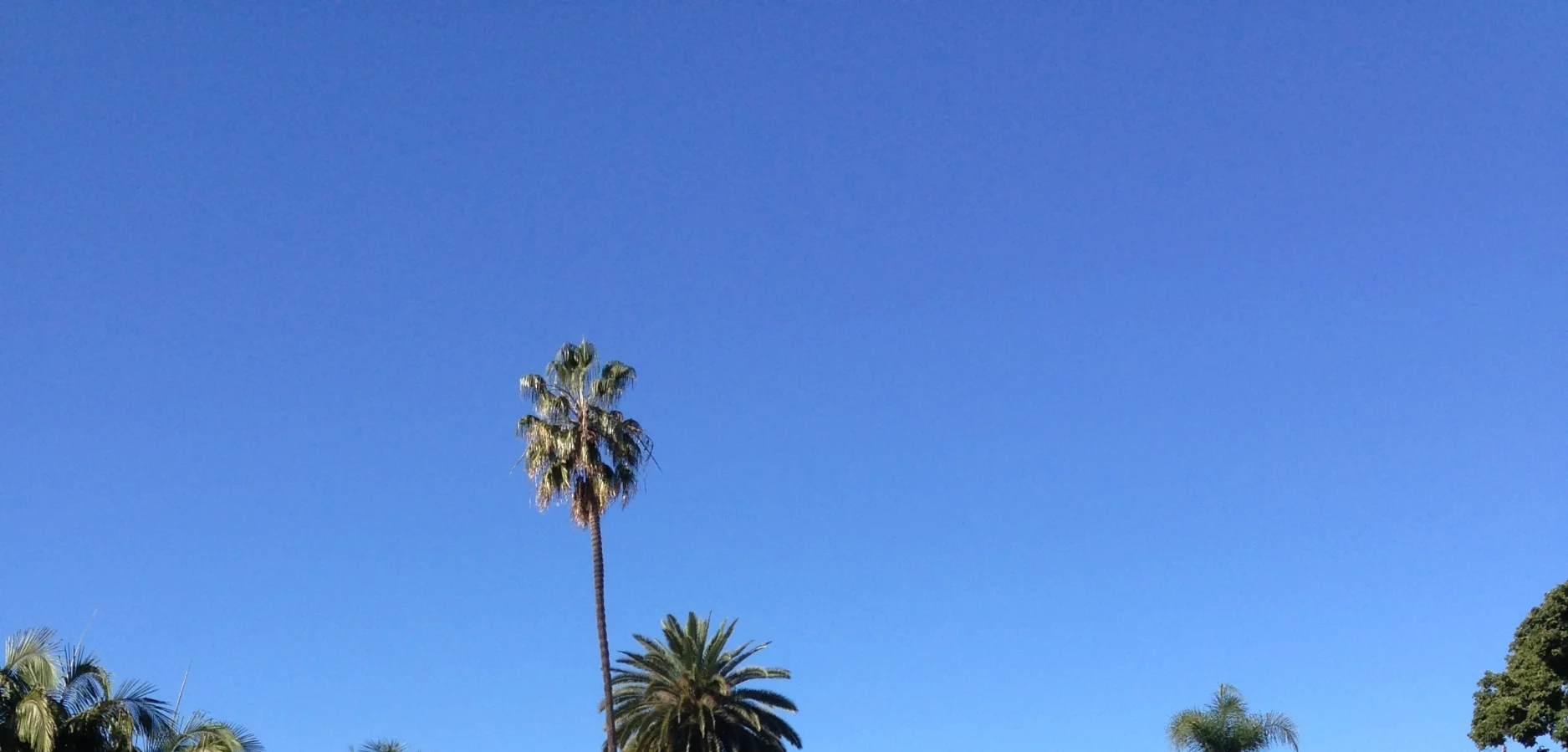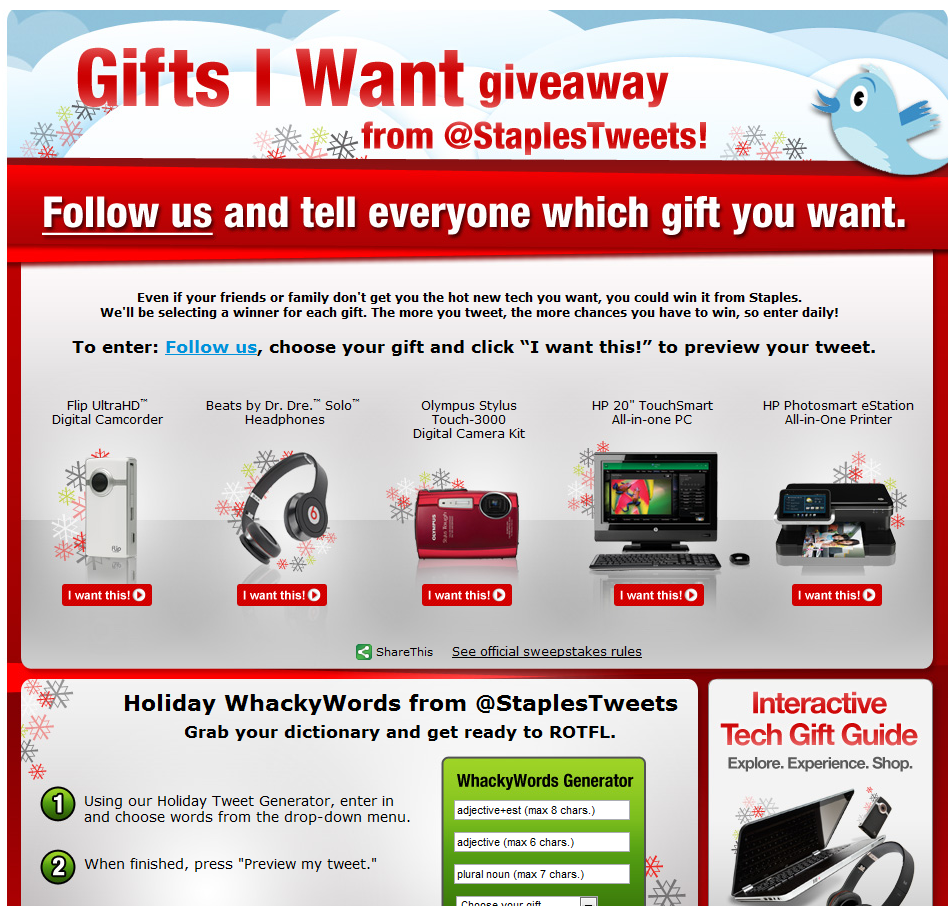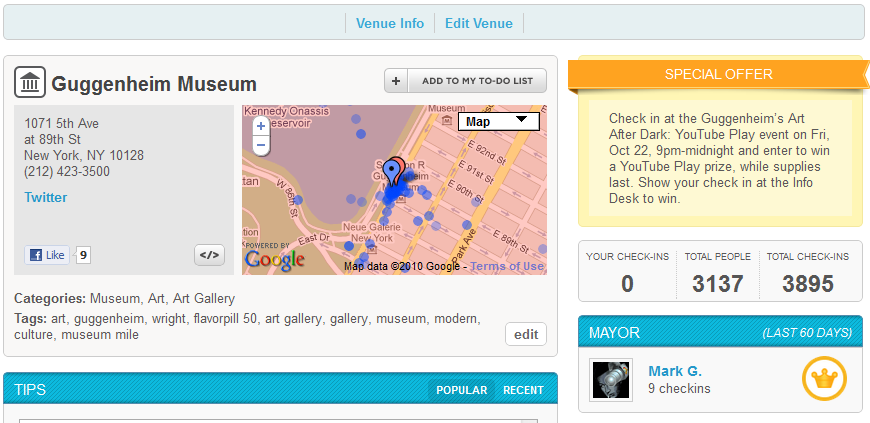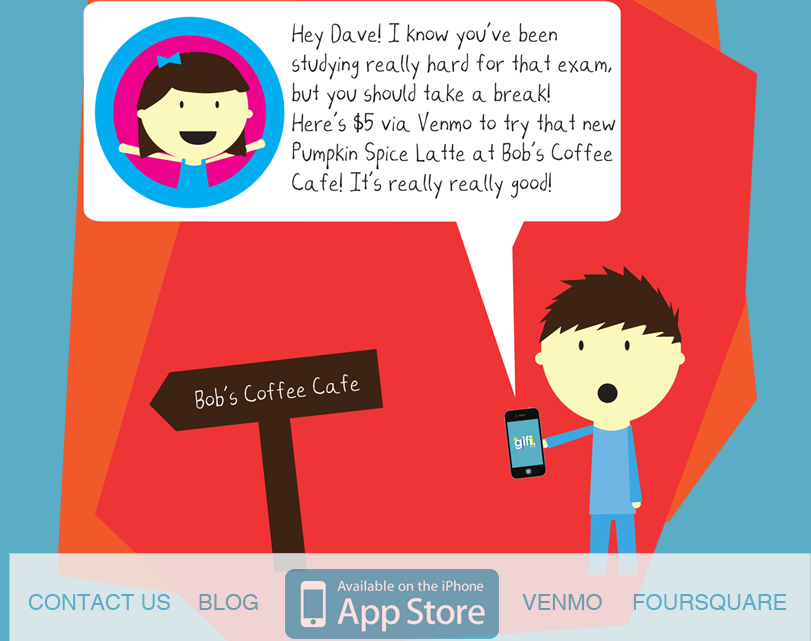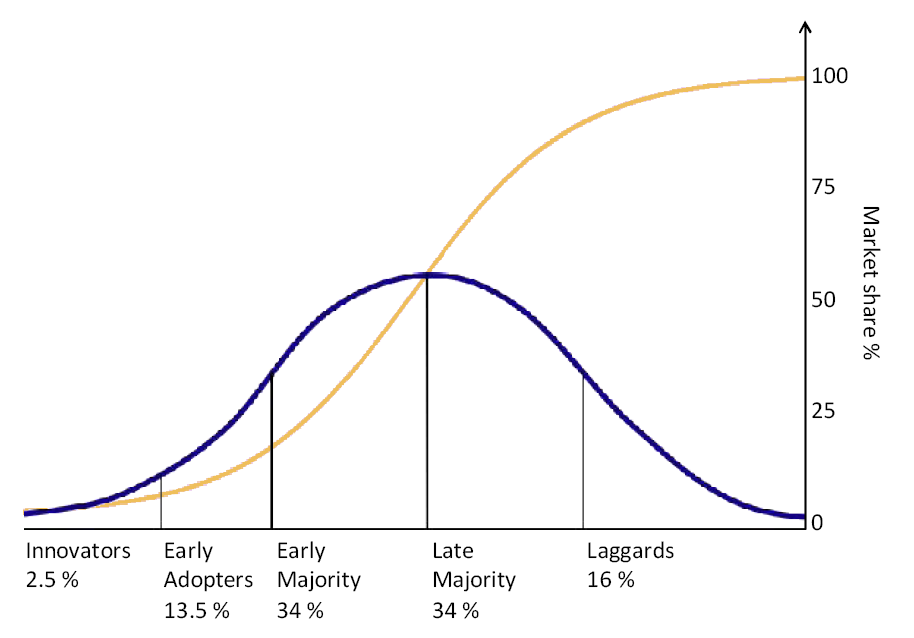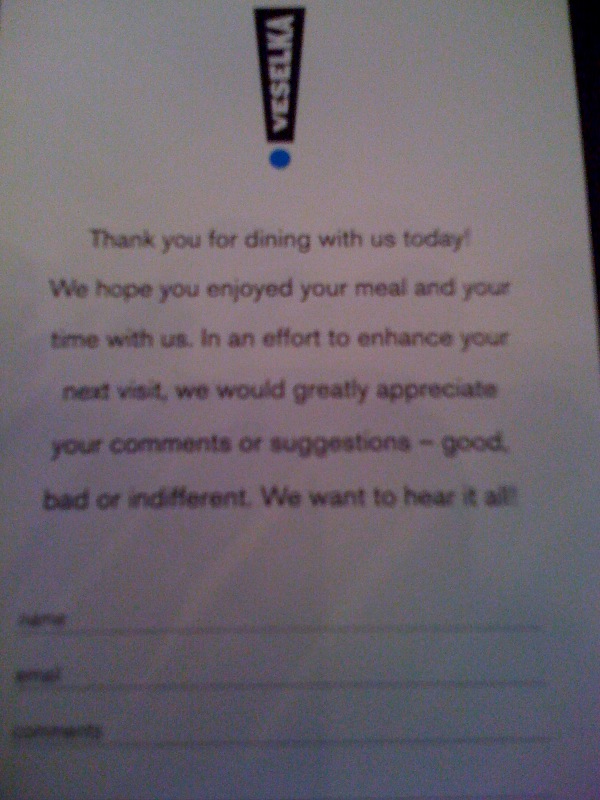“If you boat a lot, you're known as a boating enthusiast. I like to boat, but I just don't want to ever be referred to as a 'boating enthusiast'. I hope they call me 'a guy who likes to boat'.”- Mitch Hedberg
I read that Microsoft's new KIN Windows 7 phones, are "aimed at 15- to 30-year-olds who are social-networking enthusiasts." Ew. Never mind targeting teen interests in Glee, Justin Beiber, WWE, college, funny videos, or body spray - who describes a product this way even in a press junket? Presumably they left the research out, or they'd have realized that 31% of their target demographic already plans to buy an iPhone.
It's shocking, really. After so many years of getting it wrong you'd think someone could just do the opposite of all that and make a serious score! Microsoft has been making mobile products longer than Apple has been making the iMac- it just so happens that few of Microsoft's products were very good. When aQuantive was bought by Microsoft in 2007, my Razorfish colleagues and I collectively worried that we'd lose our Blackberry devices in favor of Windows Mobile "smartphones." The worry was well-deserved; those who received them were usually miserable.
Microsoft proved unable to create the kind of extensible platform on its mobile devices that has made Windows dominant in the corporation and in the home. While Windows may be too entrenched to be dislodged from either, it's stunning what Steve Jobs has been able to do in his return to Apple.
And now, with the prominence of the iPod/iPhone/iPad as a platform, Apple's role as a "gatekeeper" to the platform is drawing a wave of anti-Jobs sentiment, centered around the perception that Apple is a draconian gatekeeper of its own platform.
Maybe so. Is that so bad? Isn't it better than the sludge that Windows Mobile is? (I have not tried out Windows 7 Mobile so I reserve judgement for now). I believe that the power Steve Jobs wields most effectively is the power of No. And what Microsoft, by trying to pack everything into every product it ships, has always been shackled to Yes, And... (well, their version of Yes, anyway).
No, that is too hard to use
No, that looks like crap
No, that feature sucks
No, that app doesn't belong in the app store
No, we don't talk to the press
No, I don't answer emails (actually I think Steve Jobs responding to email of late is like the ultimate blog/twitter account)
After all that NO, it's clear that the most important thing to Apple is to make awesome products that people love. It's not ego, or even greed (except by association- great products cost $$$). But Apple has transformed itself from a manufacturer of niche PCs that a few people love, to a mass-market CE company that makes products for millions more. The masses expect Apple to stand behind every product decision and to contuniue to uphold exacting quality and usability standards.
Is that democratic? Surely not- Steve Jobs is an admired autocrat. He's a sort of a benign autocrat, which isn't all that bad (see also the original Thirteen Colonies and "Salutary Neglect") Strong, determined leaders in the autocratic model don't much care for input from you, or me, or anyone else. If they stopped to ask what we wanted, we might choose the wrong thing.
As in the 1700s, this was all more or less OK until the colonists got wind of the the autocrat's real priorities- the intolerable acts were ones that benefited the sovereign else at the expense of the colonists. Enter the rebellion.
Are we net beneficiaries of Steve Jobs' power of No or are we on the brink of Apple's decisions benefitting the company more than the base of users, developers, and accessory manufacturers?
Apple's power comes from protecting the user experience. Whether you see that experience as stifled by an evil dictator or shaped by divine will is really about YOU not about Apple. With the user at the center, the design decisions of an otherwise evil monarch are altruistic. Right vs. left, republican vs. democrat- this is an interpretive exercise rather than a factual one.
Apple is facing an onslaught of ad-driven solutions, particularly if it releases always-on wifi and allows multiple apps to run simultaneously. A successful ad model could be important to keeping developers afloat. But the key to that monetization of the audience is the data about the audience, and strategically Apple needs this piece- to be the sole provider of such data and kill AdMob.
So Apple 's development process might be reduced to:
- Protect the experience of the user
- Protect the interests of the developer ecosystem except to the extent that it woulf harm 1
- Serve the interests of shareholders/The Street except to the extent that there would be conflict with 1 or 2
No matter how many applications Steve Jobs or his employees arbitrarily deny from the app store, if people just love the damn thing, they'll think he's Jesus.
